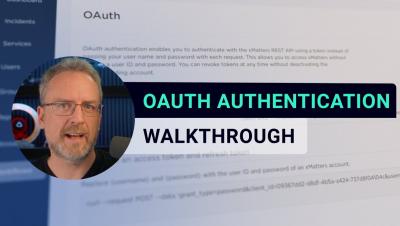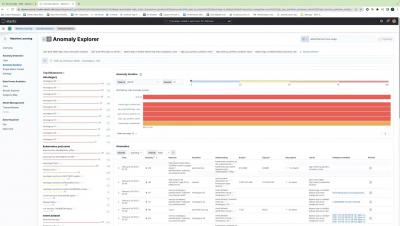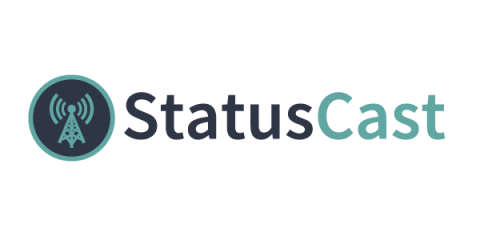Operations | Monitoring | ITSM | DevOps | Cloud
Incident Management
The latest News and Information on Incident Management, On-Call, Incident Response and related technologies.
MTTD: An In-Depth Overview About What It Is and How to Improve It
In this post, we'll learn all about the incident metric mean time to detect (MTTD). We'll see how to measure it and look at its relationship with other incident metrics like MTTR (mean time to recover). Both metrics give useful insights into your incident recovery ability.
A multi-billion-dollar software giant leverages Exigence to improve incident management collaboration & outcomes
A global leader in SaaS-based and on-premise software solutions that power innovative digital experiences was looking to replace the internal tool that was being used for resolving outages, service degradation, data center connection loss, and other incidents.
How to detect anomalies in logs, metrics, and traces to reduce MTTR with Elastic Machine Learning
Incident Management and Status Pages for Enterprise IT Departments
The Incident Management and Status Page solution that lets you organize your enterprise IT team and communicate with users for a coordinated response that restores services rapidly. StatusCast works as an Incident Management platform to increase employee productivity inside organizations. There’s a lot you can do with StatusCast status pages to create the brand look you are seeking.
Blameless culture drives incident learning and other key insights from Catchpoint's 2022 SRE Report
Expanding Incident Response with Microsoft Teams
Last week we launched a number of features across the PagerDuty Operations Cloud portfolio to help teams minimize downtime and protect customer experience. One of the areas where PagerDuty continues to invest is collaboration and communication during incident response to ensure that all impacted stakeholders across the business are updated in real-time.
Managing a Slew of Monitoring Tools? Here's How to Make Them Talk.
Engineering teams use a lot of single-domain monitoring tools. In fact, the average team manages and maintains 16 monitoring tools — and up to 40 — according to Moogsoft’s State of Availability Report. While IT leaders select and implement these tools to save teams time, our research finds they do quite the opposite. Engineers spend far and away more time on monitoring than they do on any other task — innovative, value-creating tasks included.
The Importance of Role-Based Messaging in Healthcare
Do you remember the classic board game where you have to go back and forth with your opponent deducing which characters on the board you’ve each selected? It’s still played by children today, and unfortunately by healthcare teams as well. Every day, healthcare teams are forced to play a game of “Guess Who?” is on-call if they do not have systems in place for role-based messaging.











